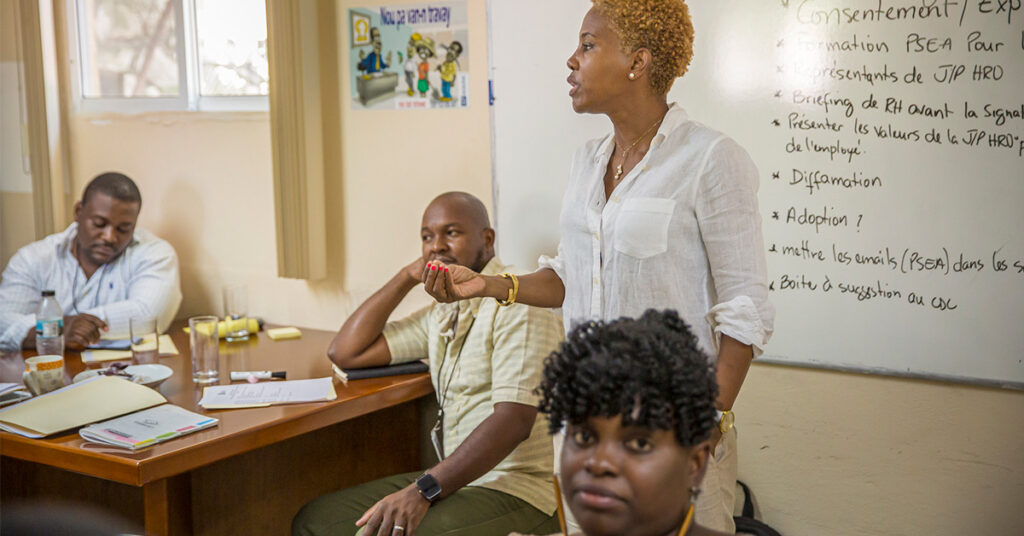HIGHLIGHTS
GET TO KNOW US
GET INVOLVED
MEDIA

REGIONS
California, Georgia, Chicago, North Carolina, New Orleans, Puerto Rico, Kentucky, Navajo Nation, Washington, D.C., Hawaii
INTERNATIONAL
BLOG
Op-Ed: Haiti’s crisis is not ‘business as usual.’ And there’s only one way out: together.
December 16, 2022

Haiti is in crisis again. For a nation that has endured seemingly endless cycles of violence and turmoil, including the assassination of its president and yet another devastating earthquake last year, this may seem normal.
It’s not. And NGOs on the ground like ours are keenly aware that this crisis is unprecedented. We are bearing witness to the worst surge of violence and extreme insecurity the country has suffered in decades. With the most vulnerable groups facing a critical lack of essential supplies, the role of NGOs is more crucial than ever. As such, we are calling on nonprofit organizations to band together to pool resources, collaborate, and apply political pressure to the U.S. government to take action.
As the co-founder and CEO of CORE (Community Organized Relief Effort, originally founded as J/P Haitian Relief Organization) and its former Haiti country director, we both accompanied Haiti through one of the most difficult periods in its recent history in the aftermath of the 2010 earthquake. What we are seeing right now far exceeds the need for immediate political and philanthropic intervention we observed then.
Virtually all aspects of Haitian lives and livelihoods have been devastated by insecurity. Violent and powerful gangs are blockading fuel, water, and access to life-saving humanitarian aid. Cholera has resurfaced, bringing yet more suffering to the Haitian population. While several NGOs are dedicated to providing medical aid and food supplies, they have been prevented from providing this desperately needed assistance by the violence and lack of funding. Looting attempts have been rampant, and with the stoning of CORE’s own office, our staff have been unable to move safely and have had to suspend our longstanding community-building programs.
Some organizations have had their funding pulled because of these challenges, sometimes due to concern that the funds won’t be used fast enough. This is not the time for the international community and funders to pull funding; they must instead double down and increase resources. NGOs must also ensure that there is cross-collaboration and the sharing of resources and security information. For instance, if an organization needs gasoline to power generators or move people, those with supplies should help. If an NGO hears of a security threat and knows there are other groups operating in the area, it should spread the word. This is an all-hands-on-deck situation, and no group should be operating alone.
One immediate need the international community must address is security. Haiti has short- and medium-term needs that must be met to set it back on its feet, including political stability anchored by effective governance and a healthy economy that enables job security and steady commerce. However, for the immediate welfare of everyday citizens, Haitian civil society and the international community must come together now to support police officers and increase funding for implementing sustainable security measures.
There is an urgent need to reestablish basic security and restore critically needed access to fuel, health care, and education, which NGOs can help facilitate. In addition to the training provided by Canada and other countries, we urge the U.S. government, the United Nations, and the international community to provide the Haitian National Police (HNP) the capacity-building assistance they need to protect life and maintain order and safety—and help prevent future relapse into the widespread insecurity. This means working and patrolling alongside HNP officers, who are outgunned and demoralized.

The United States, a regional neighbor and longtime partner of Haiti, must be among the supporters of this international coalition, and we’re calling on NGOs to band together and apply political pressure on the U.S. government to act through advocacy on Capitol Hill. We must not forget that Haiti also helped the U.S. in a time of need in gaining its own independence—at the Battle of Savannah during the American Revolutionary War. Such an international coalition should have a clear agenda and end date; it cannot be a long-term solution. But in the immediate future, Haiti needs the support of its allies to restore order and mitigate potentially devastating long-term impacts.
In order to sustain stability and prosper, Haiti needs NGOs to make long-term, 10-year commitments. The international community made an unfulfilled promise to Haiti following the 2010 earthquake that it would help the country rebuild better than before. That commitment has been shaky at best, with short-term, ineffective support in one- to three-year cycles. To make a lasting effect and help lift Haiti from the depths of despair, minimum 10-year investments must be made into strengthening Haiti’s economy. These long-term commitments need to focus on flooding the country with opportunity, jobs, funding, and basic resources so Haitians can sustain daily life in Haiti and won’t have to face the inhumane choice of leaving an unstable homeland or enduring ongoing violence and kidnapping.
The current crisis has been years in the making, with external actions contributing to many of its root causes. The longer the crisis continues to prevent Haiti’s governance from functioning and threaten its citizens’ well-being, the deeper and more devastating effects it will have on generations to come.
To overcome this debilitating crisis, Haiti needs positive action from the U.S. government, the UN, and the broader international community, and continued commitment and investment from NGOs and philanthropies.
The clock is ticking.
Ann Lee is co-founder and CEO of CORE, and Margarett Lubin is CORE’s Florida area manager and formerly served as Haiti country director.
This op-ed was originally published on Philanthropy News Digest.
HIGHLIGHTS
GET TO KNOW US
GET INVOLVED
MEDIA

REGIONS
California, Georgia, Chicago, North Carolina, New Orleans, Puerto Rico, Kentucky, Navajo Nation, Washington, D.C., Hawaii
INTERNATIONAL

CORE is a charitable 501(c)(3) nonprofit organization. Federal tax ID: 27-1703237.
© 2024 | CORE – Community Organized Relief Effort | +1 (323) 934 4400
910 N Hill St Los Angeles, CA 90012